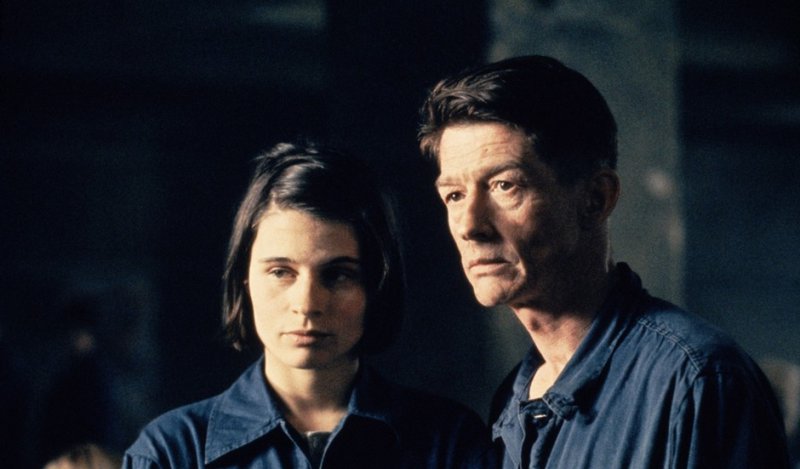viewpoint. brett hetherington
Journalist and writer/ bretthetherington.net
Getting Orwell wrong
In the New York Review of Books not long ago, the well-known British author Julian Barnes ran his eye over some compilations of George Orwell’s work. Thinking about the school where a young Orwell was sent to live and learn, Barnes decides:
“You have to feel a little sorry for Mr. and Mrs. Vaughan Wilkes, or “Sambo” and “Flip” as they were known to their [students]. During the first decades of the twentieth century, they ran St. Cyprian’s, a preparatory school in Eastbourne, on the south coast of England. It was no worse than many other such establishments: the food was bad, the building underheated, physical punishment the norm… [The children’s] daily morale was dependent on whether a boy was in or out of favour with Flip.”
So Barnes would have us keep our sympathy for the pair of sadists who ran Orwell’s primary school like a hideous boot camp and he justifies their cruelty by maintaining that other schools were much the same. He expresses no feelings at all for the unfortunate people that Orwell spent time writing about in his essays ‘How The Poor Die’ or ‘The Spike’ (destitute tramps).
Just as importantly though, according to Barnes (as an adult), Orwell was a “moralist and a puritan”. But a single quick read of Orwell’s novel “1984” would show you that Orwell was well-versed in matters of the flesh and desire. The sexual relationship between the main character Winston and his lover Julia makes it abundantly clear that Orwell was no puritan. (Apparently, away from his writing Orwell was somewhat of a lech, whose methods of seduction occasionally included the sudden kiss and grope technique).
As far as Orwell being a moralist, of course Barnes is right. I have read all of Orwell’s non-fiction (much of it several times) and can see that there is hardly a sentence that does not have a moral aspect to it.
But Barnes is using the word moralist as uncomplimentary in his book review. The question must be whether someone’s morals are humanitarian and progressive morals, not whether they have any at all. An absence of morals or ethics is a vacuum of beliefs about how we treat each other.
He also correctly criticises Orwell for being wrong about the future, and Orwell was certainly mistaken about some aspects of the “1984 Orwellian world”. For example, the state is shrivelling rather than being the monster machine Orwell predicted. That function has been assumed by international capitalism rather than international government.
Julian Barnes also says that Orwell “is deeply untheoretical and wary of general conclusions that do not come from specific experiences.” But of course a thought is an experience and when it is repeated then built on it can become un-singular enough to produce theories.
I think Orwell was profoundly theoretical, in fact. He simply did an excellent job of disguising it because he did not trust in ideas alone. A good idea can quickly become a bad one when it bumps up against the physical world and human nature. Communism is an example of this, as he discovered.
I think it would be more accurate to say that Orwell was certainly suspicious of those who did not ’love the soil’ as he did. He had a sensible distaste of pretence, pomposity and the grandiose. In short, he disliked intellectuals as a species but used his intellect to point out his own shortcomings as well as those of others.
Barnes is wrong to say that Orwell was “deeply untheoretical” just because Orwell’s writing did not use obviously theoretical language. Underneath the plain phrases and continual drawing from his experiences, Orwell’s work was bursting with theories about the human condition.
It’s a pity that Barnes has seemingly missed that.

